This study by Irena Kalhousová, Eugene Finkel, and Jiří Kocián, explores how political leaders in Germany, Poland, and the Czech Republic use historical analogies to frame and justify their nations' responses to Russia's invasion of Ukraine. Through analysis of speeches and statements, the authors reveal how each country's foreign policy narratives draw upon distinct historical traumas and national experiences, like the Second World War, the Cold War, and specific events such as the 1968 Soviet invasion of Czechoslovakia.
New publication: Elite-public gaps in attitudes towards Israel and the Israeli-Palestinian conflict
We conducted a survey of Czech citizens and members of parliament on attitudes towards Israel and the Israeli-Palestinian conflict. The results show that parliamentarians are more supportive of pro-Israel policies, blame Palestinians more for the conflict and view Czech-Israel relations more positively than the general population. Our findings provide the first empirical evidence of a gap between elite and public attitudes towards Israel, contributing to debates on foreign policy preferences.
New Report: Czech Public and Israel 2023–2024
We are happy to publish the new report called Czech People and Israel 2023-2024 in collaboration with the Herzl Center for Israeli Studies!
The report compares public opinion surveys from January 2023 and January 2024, as well as a survey of political elites at the turn of 2022-2023. Key findings reveal a notable increase in Czech public’s rise in support for recognizing Palestine as an independent state, alongside a distinct polarization in opinions regarding the responsibilities in the conflict.
